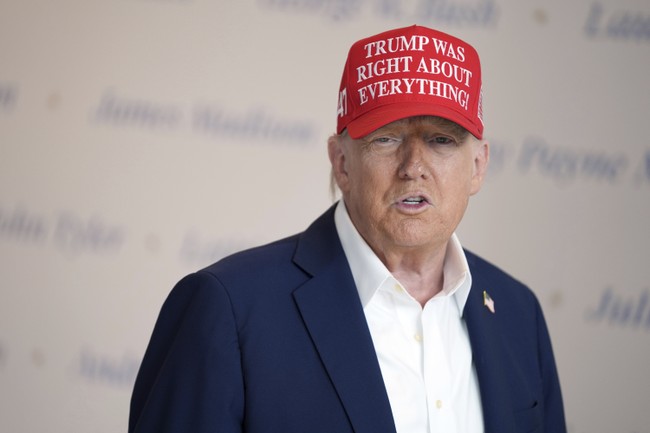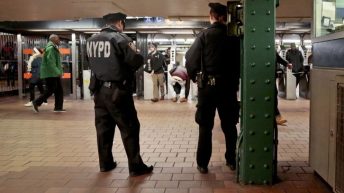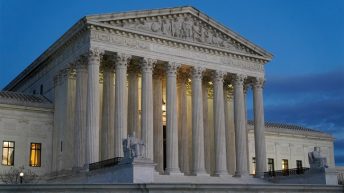The federal surge in Memphis, ordered by President Donald Trump, sent hundreds of officers and National Guard troops into the city and produced thousands of arrests and tens of thousands of citations, easing street-level danger while straining courts and jails. This piece walks through what happened, why officials are worried about backlogs, and why a tough, sustained response is still being argued for by those who want safer neighborhoods.
The operation in Memphis brought federal, state, and local agents together to make traffic stops, serve warrants, and hunt fugitives across a city that has been struggling with violent crime. Officials report more than 2,800 arrests and more than 28,000 traffic citations since the surge began, and those numbers have tangible effects on the local criminal justice system. For many residents, the immediate result is fewer dangerous people roaming the streets and a sense that something is being done. That outcome is being felt as a practical win for public safety in a place that had been suffering rising homicide totals.
The visible results, however, created a backlog that local leaders did not expect to handle without extra resources. Judges, clerks, and jail staff are now managing an influx of cases that will take months — possibly years — to resolve through hearings, pleas, and trials. Long waits in traffic court and packed criminal dockets have meant missed work for civilians and extra days in custody for people awaiting bail hearings. Those downstream effects are real and costly, but they stem from a one-time decision to prioritize law and order.
“The human cost of it is astounding,” said Josh Spickler, executive director for Just City, a Memphis-based organization that advocates for fairness in the criminal justice system.
Local officials are asking for help to clear the pileup: more judges, longer courtroom hours, and additional staff to process cases efficiently. Some county leaders have even discussed opening court at night and on weekends to reduce the backlog, accepting the extra expense as a necessary trade-off for restoring order. Republican leaders who supported the surge argue that short-term costs to the courthouse are preferable to letting violent crime fester unchecked in neighborhoods and businesses.
Memphis ranked at the top of per-capita violent crime statistics in recent measurements, making it a logical target for a focused crackdown. Nearly 300 homicides one year and almost 400 the next left residents demanding action, and the federal initiative answered that call with boots on the ground. For conservatives, the debate is straightforward: use available federal powers to support local law enforcement and give citizens relief from violence, even if the remedy is disruptive.
The response has also reopened familiar debates about federal versus local control and the proper role of the National Guard and federal agents in civilian policing. Supporters stress that the federal presence was requested or welcomed by state leaders and aimed at restoring basic safety. Critics warn of overreach and the social costs of mass arrests, but many people in neighborhoods that have seen a drop in street crime view the intervention as necessary and justified.
Practical questions remain about how to avoid a revolving-door justice system where arrests do little to reduce repeat offenses. There is concern that clogged dockets will push prosecutors and judges toward quick pleas and early releases that undercut the deterrent effect of enforcement. That is exactly the cycle conservatives warn about: when cities prioritize short-term leniency over sustained accountability, criminal behavior gets reinforced rather than corrected.
Still, for now, residents of Memphis report feeling safer, and that immediate improvement matters. Federal intervention bought time and space for local leaders to pursue longer-term reforms, from better case management to stronger community policing and victim support. Those policy changes will determine whether the gains last once federal forces pull back.
The operation laid bare a simple trade-off: a decisive push to arrest and remove dangerous actors from the streets can save lives and calm neighborhoods, but it also forces honest conversations about court capacity, jail conditions, and how to turn arrests into lasting justice. For those who prioritize law and order, the right answer is to fund the additional judges and staff needed and to maintain pressure on chronic offenders rather than allow institutions to be overwhelmed.
Editor’s Note: The days of lawlessness in Memphis, TN are over. Thanks to President Trump, this great city will be SAFE once again.





Add comment